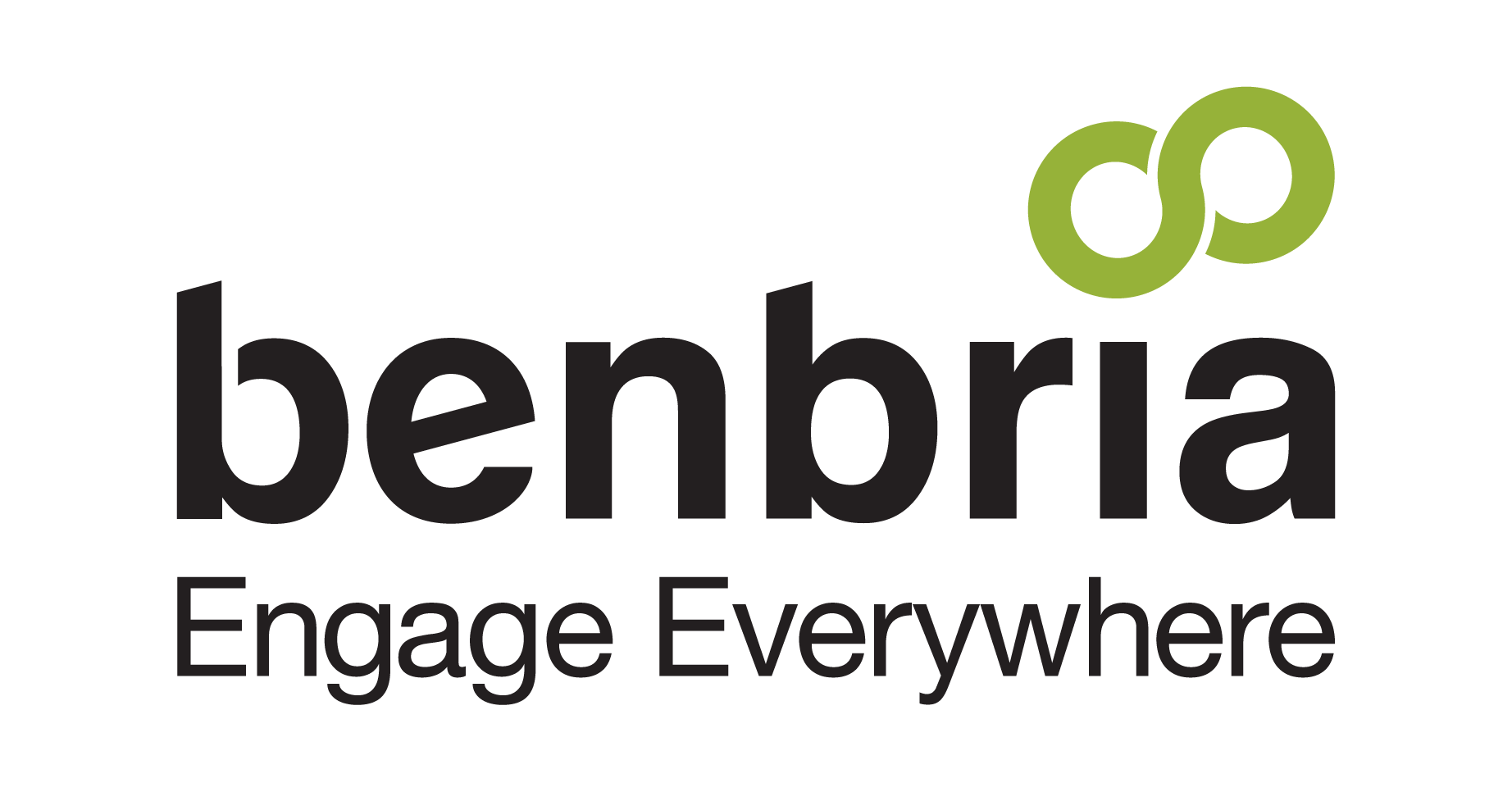As any hotelier worth his salt knows, guest service is the bread and butter of the hospitality industry. Thanks to the power of social media and the audience it affords, a single dissatisfied guest can have a disastrous effect on the reputation of the hotel she has just stayed at. More than ever, it’s necessary for hotels to minimize the number of guests who go away from the property with unresolved issues. But at the same time, it can be difficult for hotels to balance the bottom line with having the manpower available to handle issues efficiently.
Fortunately, there are a few things hoteliers can do to improve service efficiency at their property. We’ve rounded them up here.
Keep Operations Separate from Service
Last year, we held a series of round tables with hoteliers across the United States, and this is what one of them had to say: “There are two unique skills you need in a hotel: The front-facing customer friendly staff, and the process and efficiency-doers who make things happen quickly for the guest. We ask too much from our staff in the industry by expecting them to be both. That is a challenge!”
In order to improve service efficiency don’t get your employees to wear too many hats. Your service oriented staff, for example, shouldn’t be responsible for fulfilling requests for your guests, unless it’s for something simple, such as replacing their room key or calling them a taxi. They should act as the messenger only, passing the request along to the individual who can fulfill it most efficiently. To do otherwise runs the risk of making it look like they’re ignoring the guests right in front of them so that they can get things done for guests who came to them previously.
Use Automation Software for Requests
Generally, when a guest makes a request, it’s for something minor, such as fresh towels or a new bottle of shampoo. These types of interactions don’t require much fuss from hotel staff. That’s why automation software is the perfect tool for this kind of scenario to improve service efficiency. When guests can make a request via a menu, they can do so without much effort, and the request is automatically routed to the appropriate department, bypassing the front desk altogether. This is convenient for both the guest and hotel staff.
As a bonus to improve service efficiency, with this kind of software in your arsenal, all requests are logged electronically, making it virtually impossible to lose a request. In the event that a request doesn’t get fulfilled, the technology has a chain of accountability built into it so that management can identify the problem on the service side and resolve it so it doesn’t happen again.
Employ Chatbots — With Discretion
Chatbots are becoming a lot more popular in the commercial sphere. Plenty of retailers are getting on board with this kind of technology. It isn’t difficult to see why; when using a messaging system to facilitate guest engagement, a human employee isn’t always needed to respond to guest questions or requests, particularly if they’re minor. Why have a human staff member respond to questions like “What time do you open?” and “What is your address?” when a chatbot can improve service efficiency and be cost-effective?
The same principles can be applied to the hospitality industry. If a guest asks a routine question, such as, “Can I get a wake-up call?” the chatbot’s AI can identify what the guest has asked, then provide an affirmative response and a follow-up question about the guest’s preferred time to receive the wake-up call. In conversations that become more complicated, the technology can be fine-tuned to pass the exchange over to a human being for resolution and improve service efficiency.
When using chatbots, however, it’s important to remember that they can never truly replace the human touch. They should only be used to respond to routine questions. More complicated questions, as well as guest concerns, should always be handled by a real person, otherwise the hotel runs the risk of alienating the guest. Moreover, chatbots should only be used when they are reliable. Otherwise, they won’t improve service efficiency— they’ll actively make it worse.




